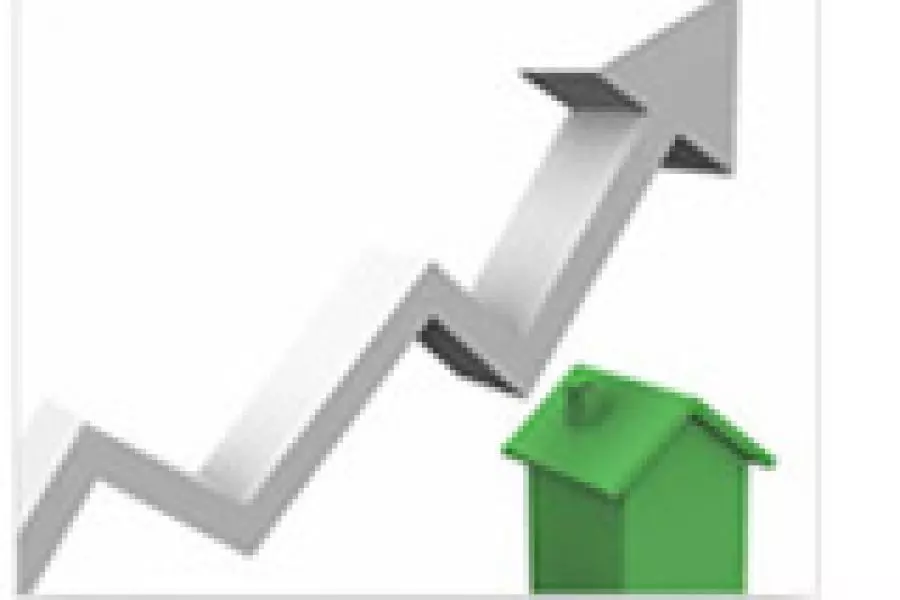News
Market correction? Don’t hold your breath.

Wednesday 14th of October 2020
While house prices did fall in April/May at the height of the level four lockdown, ASB’s latest Home Economics report describes that as a blip rather than the start of a new down trend.
In the report, Mike Jones, who is a senior economist at the bank, says the last four times New Zealand experienced or skirted economic recession, annual house price inflation went negative...
Want to read the full article?
Click the button below to subscribe and will have unlimited access to full article and all other articles on the site.
2 min read






![[The Wrap] Bye Bye Bayly](https://goodreturns.publit.io/file/c_fill,w_900,h_600/39f23ac1-f7c7-4854-b700-a150004ebbac.webp)


